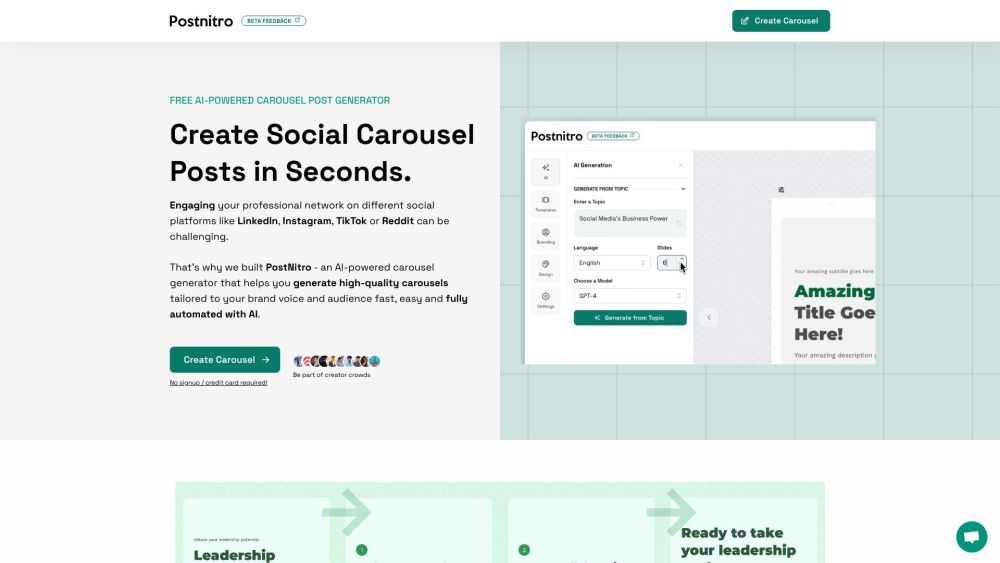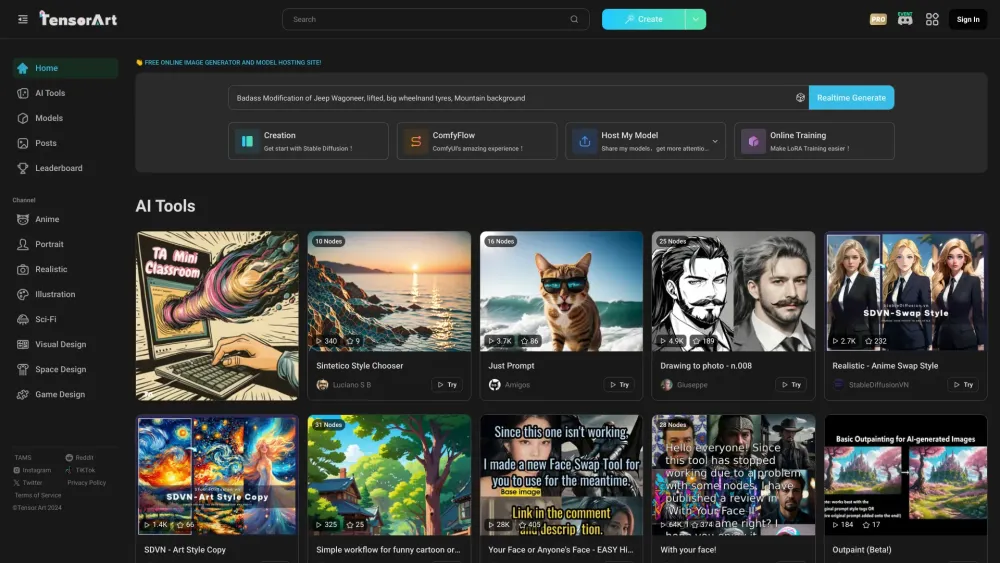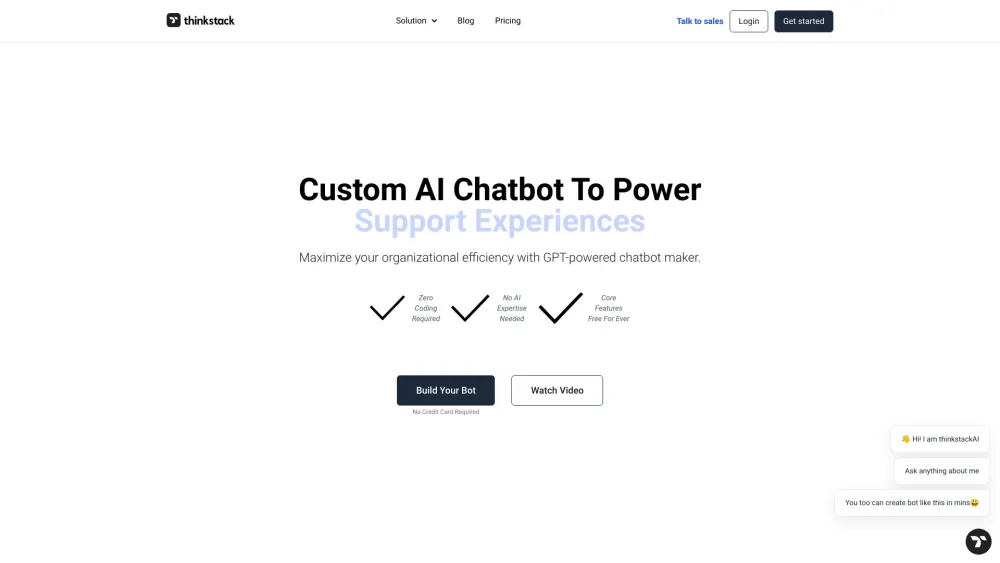Harvey, a pioneering startup revolutionizing the legal industry with its AI-powered "copilot" for lawyers, has successfully secured $100 million in a Series C funding round led by GV, Google's corporate venture arm. This latest investment, which included participation from prominent angels and VCs such as OpenAI, Kleiner Perkins, Sequoia Capital, Elad Gil, and SV Angel, elevates Harvey’s total funding to $206 million and values the company at $1.5 billion.
In a Tuesday blog post, co-founders Winston Weinberg and Gabriel Pereyra announced that the majority of the new capital will be utilized to gather and curate data necessary for building and training specialized AI models. The funding will also support expanding Harvey’s team and extending its paid services to new regions.
“This investment empowers Harvey to scale our AI-driven technology across various business functions and locations,” noted Weinberg and Pereyra. “With this capital, we'll enhance our engineering, data integrity, and domain expertise essential for developing AI-native systems designed for complex knowledge work. Additionally, we plan to strengthen partnerships with cloud and model providers for model integration and expand our training collaborations to boost model effectiveness.”
Weinberg, previously a litigator specializing in securities and antitrust at O’Melveny & Myers, and Pereyra, a former research scientist at DeepMind and Google Brain, launched Harvey in San Francisco in 2022. The two co-founders, who are also roommates, became inspired when Pereyra introduced Weinberg to OpenAI’s GPT-3 text-generation system, leading them to apply its capabilities to streamline legal workflows.
Harvey, which utilizes OpenAI’s GPT-4 model, can effectively respond to legal inquiries phrased in natural language, such as “What are the differences between an employee and an independent contractor in the Fourth Circuit?” and “Does this lease clause violate California law, and if so, how can it be rewritten to comply?” Harvey also provides tools to extract information from trial transcripts, locate legal documents to support court arguments, and generate initial drafts of legal filings, complete with citations from legal databases.
While the technology is promising, there are challenges. Due to the sensitive nature of many legal cases, some lawyers may hesitate to allow Harvey access to sensitive documents. Additionally, concerns about language models generating biased or inaccurate information could pose risks, particularly in a legal setting.
To address these concerns, Harvey includes a disclaimer stating that the tool is not meant to provide legal advice to nonlawyers and should only be used under the guidance of licensed legal professionals.
Harvey operates in a competitive landscape. For instance, Casetext leverages AI, mostly using OpenAI models, to enhance legal research and brief drafting. More niche solutions like Klarity focus on simplifying contract reviews, while the now-defunct startup Augrented had aimed to utilize OpenAI models for summarizing legal notices for apartment tenants.
Despite competition, Weinberg and Pereyra assert that Harvey is thriving, being used daily by tens of thousands of lawyers in firms and consultancies such as Allen & Overy, Macfarlanes, Ashurst, CMS, Reed Smith, and PwC. The company has reported that its annual recurring revenue has tripled since last December, and its workforce has also grown significantly.
The Information reported earlier this June that Harvey aimed to raise $600 million at a valuation exceeding $2 billion, partially to acquire the legal research service vLex for enhancing its AI training. However, those plans did not materialize, resulting in the more modest Series C funding milestone.




